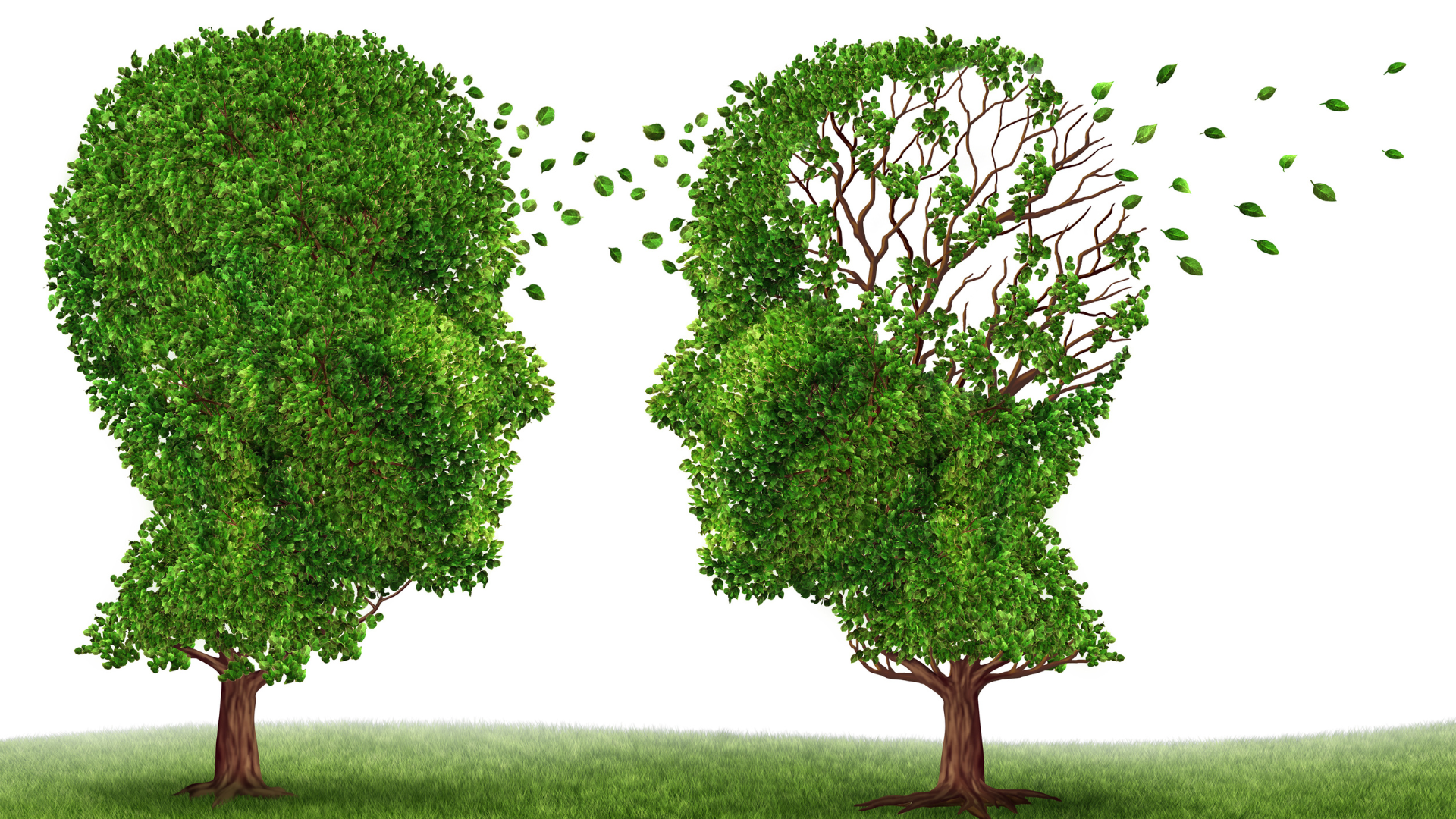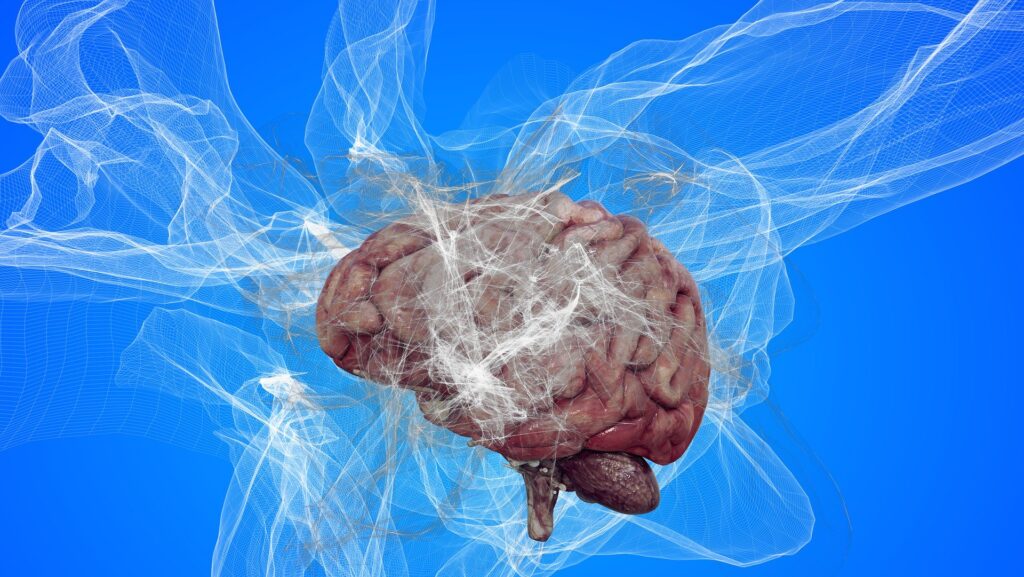Effective Dementia Care: Essential Training for Caregivers

Dementia is more than just memory loss; it’s a complex syndrome that affects cognition, behavior, and the ability to perform everyday tasks. With millions of individuals living with dementia worldwide, the role of caregivers—whether professional or family members—is increasingly vital. Proper training for these caregivers is essential not only for the well-being of those with dementia but also for the caregivers themselves. This blog dives into the importance of the caregiver to research and explore information and resources to help them better understand the various stages of Dementia, in order to provide effective dementia care.
After obtaining this knowledge the caregiver will still need to Structure a Plan of Care (or Book of Caregiving Instructions) for the person with dementia they will care for. They will also need a support system made up of family members and additional caregivers who will receive training, skills and tools to know how to work together to support that main caregiver. As a result, everyone involved will know what to do and how to provide effective dementia caregiving. SHS&S Organization is available to help these caregivers and families Structure that Plan of Care.
What is Dementia?
Dementia is an umbrella term for a range of neurological conditions that result in cognitive decline, including difficulties with memory, problem-solving, and communication. There are several types of dementia, each with distinct causes and symptoms. These are just a few of them:
- Alzheimer’s Disease: The most common form of dementia, characterized by memory loss and confusion.
- Vascular Dementia: Caused by reduced blood flow to the brain, often following a stroke.
- Lewy Body Dementia: Features visual hallucinations, fluctuating cognition, and movement disorders.
- Frontotemporal Dementia: Affects behavior and language more than memory, typically in younger individuals.

Early diagnosis of dementia is crucial for a number of reasons. It allows individuals and families to plan for the future, make informed decisions about care, and begin treatments that may help manage symptoms. Identifying early signs such as memory loss, confusion, and changes in behavior enables timely intervention, improving the overall quality of life for both the person with dementia and their caregivers.
The Role of Caregivers in Dementia Care
Caring for a person with dementia is both physically and emotionally demanding. Caregivers are responsible for managing a wide range of daily tasks, including helping with personal hygiene, meals, and medications, while also dealing with behavioral challenges such as aggression, wandering, and confusion. Proper training is essential to ensure that caregivers can handle these challenges effectively. A Plan of Care will outline all necessary steps, ensuring that everyone involved in the caregiving process is on the same page.

One of the biggest risks caregivers face is burnout, a state of emotional, physical, and mental exhaustion. This can lead to feelings of frustration, irritability, and even depression. Training programs can help to prevent caregiver burnout by teaching them coping strategies, stress management techniques, and self-care practices. These programs emphasize the importance of regular breaks, support systems, and setting realistic expectations to maintain both physical and emotional well-being.
Dementia Training for Family Caregivers
Family caregivers often lack the formal training needed to care for someone with dementia, which can lead to stress, confusion, and frustration. Training is essential to help these caregivers understand the condition, manage expectations, and learn how to care for both their loved one and themselves. By providing caregivers with the right tools, we can reduce caregiver stress and improve the quality of life for everyone involved. Effective dementia training focuses on a variety of key caregiving skills, including:
- Communication: Simple sentences, eye contact, and attention to non-verbal cues can improve communication. Avoiding complex questions and allowing time for responses are essential strategies.
- Behavior Management: Caregivers must understand the triggers of distressing behaviors, such as aggression or agitation. Techniques like redirection and providing a safe environment are critical for managing such behaviors.
- Emotional Support: It’s important for caregivers to maintain a positive attitude, offer reassurance, and provide comfort, even during difficult moments.

Quality Dementia Care
Providing quality care to someone with dementia requires not just dedication, but also proper training and resources. SHS&S Organization helps families and caregivers structure a Plan of Care (or Book of Instructions) of the individual needing care, that will include their medical profile. This Plan of Care called an HSP Holistic Support Plan includes training, skills and tools so all involved with their care will know how to work together as a team to provide quality caregiving.
Explore SHS&S dementia training programs designed to direct you to invaluable resources on dementia while enhancing your caregiving skills. Visit our website or contact us for more information on how we can assist you. Caregiving doesn’t have to be done alone—let us help you provide the best care possible.
Contact Us: info@endcaregiverburnout.com
Phone Number: +17316951182
Sources:




